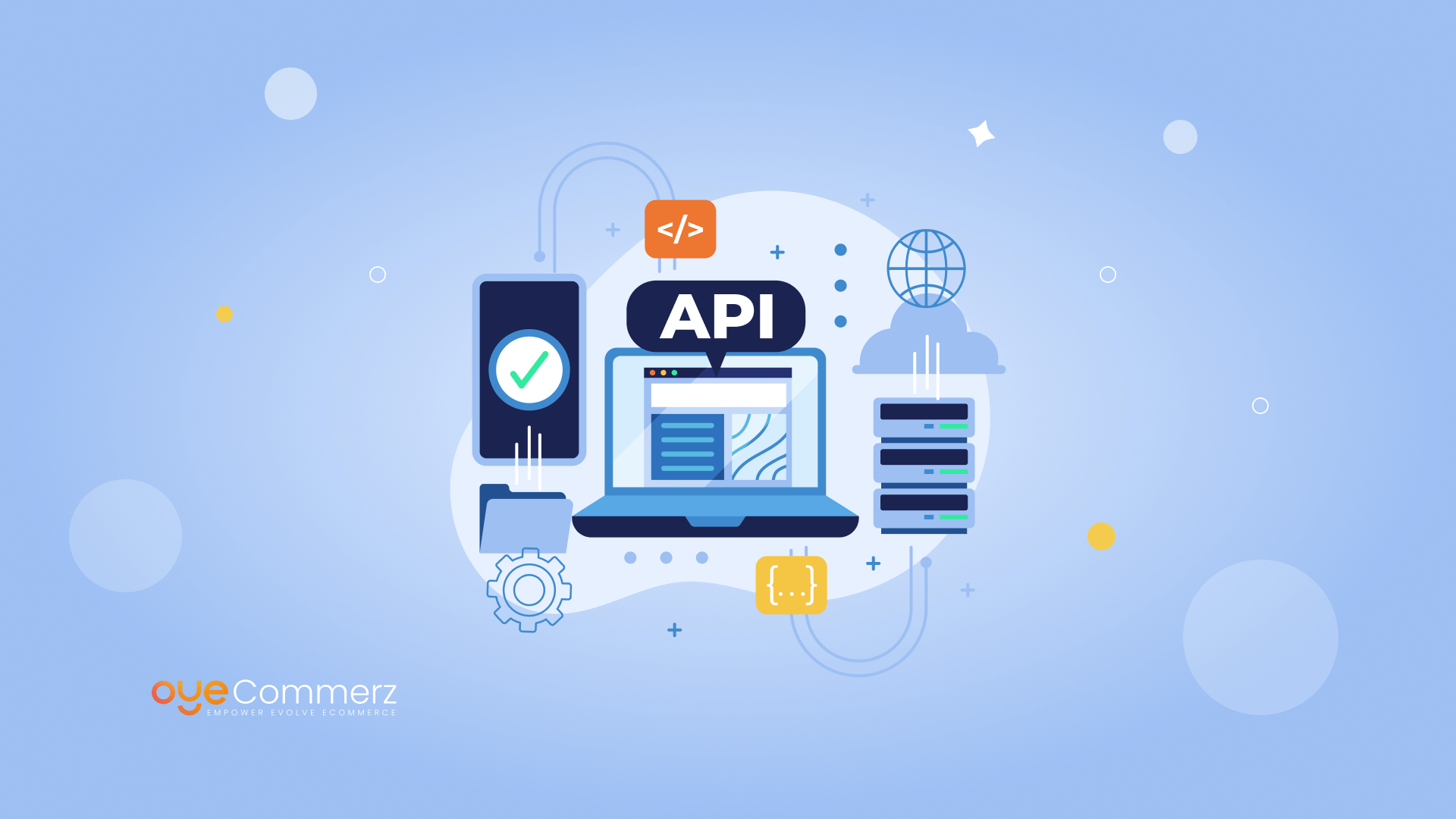Overview
In the current competitive e-commerce environment, standing out is essential, and one of the best ways to differentiate a Shopify store is through custom app creation. A well-built Shopify app can boost store capabilities, simplify processes, and boost customer interaction. This guide delves into key elements of Shopify app development, from API integration to growth techniques and digital marketing approaches, providing a roadmap for companies looking for unmatched store performance.
Why Shopify API Integration Matters
Shopify’s API provides powerful tools to customize and expand store functionalities. With GraphQL and REST APIs, developers can retrieve information to build applications that handle inventory control, order handling, and customer data management seamlessly. Integrating Shopify’s API can enable improved workflow automation and enables stores to serve customers more effectively.
Adopting the Polaris Design System
Shopify’s Polaris is Shopify's design system for designing user-friendly and easy-to-use Shopify apps. By adhering to Polaris principles, developers guarantee that apps integrate smoothly within the Shopify Admin interface. This ensures a cohesive appearance that appeals to Shopify merchants, promoting ease of use and familiarity for merchants using your tailored app.
Understanding the Shopify App Ecosystem
The Shopify app ecosystem provides numerous opportunities for enhancing e-commerce sites. From managing fulfillment processes to increasing customer engagement, apps in this environment are tailored to meet diverse business requirements. Familiarizing with this ecosystem assists developers in identifying unique app ideas and allows for smooth connections of third-party services that enhance the store.
Building Embedded Shopify Apps
Embedded apps integrate directly within the Shopify Admin, providing a Building embedded Shopify apps smooth interface for merchants. They allow merchants do not need to leave their Shopify control panel, simplifying their process. Using Shopify App Bridge and embedded app features is recommended for providing a cohesive, well-integrated user environment.
Leveraging Node.js and React for Shopify Development
The technologies Node.js and React have emerged as ideal tools for Shopify app development. Node.js enables high-performance back-end services, while React allows for interactive and adaptive front-end design. Combined, they provide an excellent platform for building fast, growth-ready Shopify apps that improve store functionality and customer interaction.
Webhooks in Shopify Apps
Webhooks enable instant data synchronization between Shopify and an external app. They initiate events such as order creation or inventory updates and provide immediate alerts to your app. By implementing webhooks, apps can provide up-to-date insights for store owners, simplifying processes and increasing efficiency.
Customer Engagement and Digital Marketing for Shopify Apps
To make a Shopify app successful, engaging customers is key. Using digital marketing strategies like SEO, email marketing, and social media campaigns can increase app usage. Additionally, creating applications with customer interaction as a focus (e.g., loyalty programs or personalized suggestions) boosts user retention and loyalty.
Scaling Your Shopify App
As e-commerce businesses grow, so do their technological needs. Ensuring that your app can scale to handle increased traffic, larger data sets, and more advanced functionalities is critical. By improving server capacity and using scalable solutions, you can develop apps that expand in parallel to a store’s growth.
Essential Features and Maintenance for Shopify Apps
For an app to be effective, it should include essential features like user login, analytics dashboard, and support channels. Regular app upkeep, with updates to fix bugs and ensuring compatibility with new Shopify functionalities, is important to ensure uninterrupted performance and avoid interruptions to merchant workflows.
Conclusion
Custom Shopify app development holds vast potential for e-commerce stores, offering the chance to improve performance, streamline processes, and build customer relationships. With API integrations and Node.js to ensuring scalability and customer engagement, building a Shopify app involves careful planning and well-planned actions. If you’re ready to elevate your e-commerce experience, a tailored Shopify application may be the perfect solution. What features do you envision for your ideal app? Share your ideas and begin Shopify app framework the journey to an optimized e-commerce experience!
